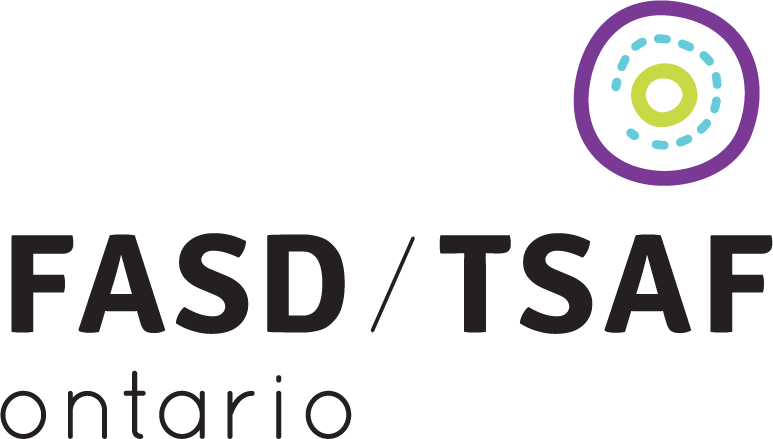Lived experience of fetal alcohol spectrum disorder: A qualitative scoping review

FASD is a lifelong disability that affects individuals, their caregivers, and families on a daily basis. Individuals with FASD are aware of their disability and can be left feeling different and isolated, while caregivers have to negotiate the daily challenge of parenting a child with FASD. Despite these challenges, individuals with FASD have talents and qualities; raising a child with FASD can bring joy to both caregivers and families. Professionals feel unprepared and overwhelmed when supporting someone with FASD because of a lack of knowledge, funding, and support for individuals living with FASD.
Fetal Alcohol Spectrum Disorder (FASD): A Guide for All Parents – (in french)
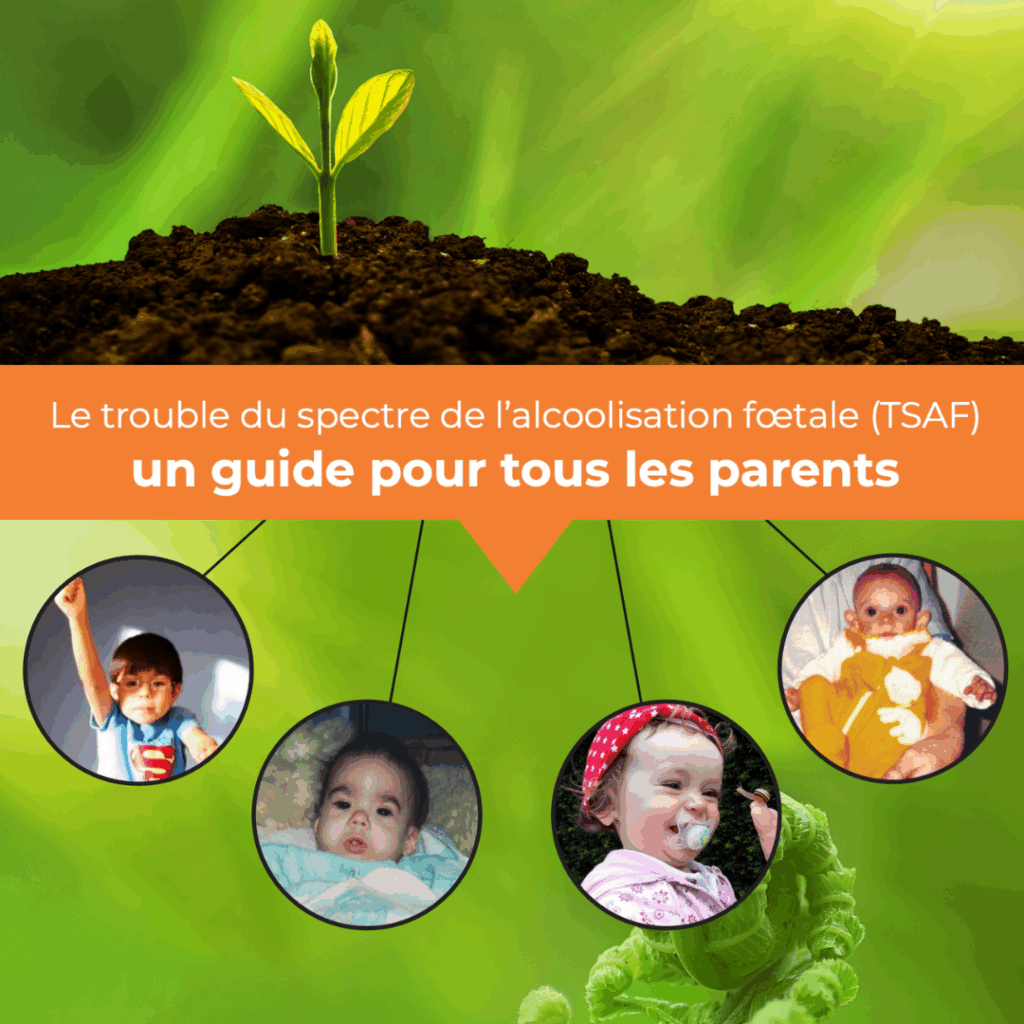
A guide for all parents, guardians, and families.
Moving Towards FASD-Informed Care In Substance Use Treatment – Version 2: Adults & Youth

This guide outlines current practices to support individuals with FASD who are in treatment for substance use.
A Caregiver’s Guide to FASD Diagnosis

This guide will help you to understand Fetal Alcohol Spectrum Disorder (FASD) and provides information on where to find support for your child or a child in your care.
Travel Resources for children and youth with disabilities

Kids Brain Health Network created this document to help children and youth with Neurodevelopmental Disorders and their families prepare for travel, making the journey smoother and more enjoyable.
Aggression Towards Family and Caregivers in Childhood and Adolescence (AFCCA): Managing Aggression at Home
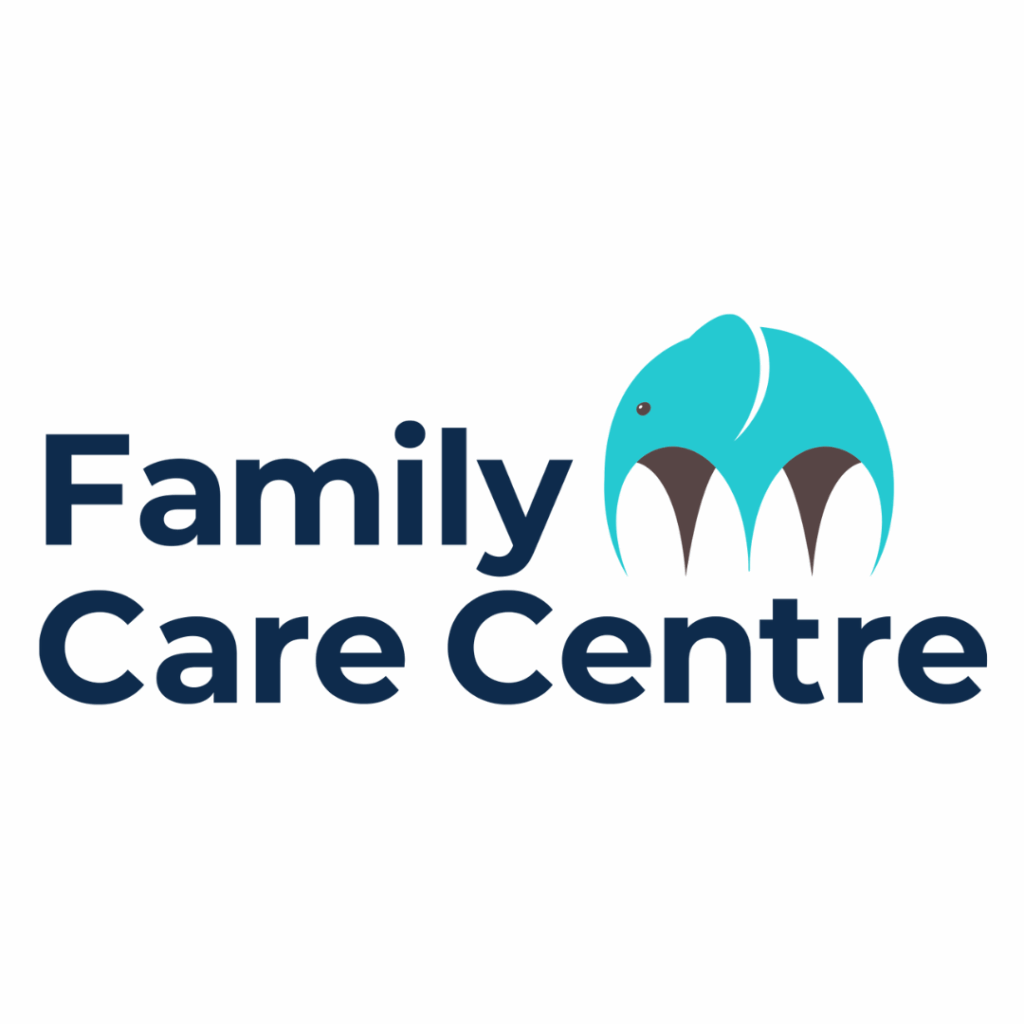
This resource will guide families toward strategies and resources to support parents and caregivers, the child or youth exhibiting aggressive behaviours, and siblings or other family members in the home who may be impacted.
How to Stop or Prevent Financial Abuse: A Guide for Support Workers & Caregivers of Persons With Cognitive Disabilities

This guide will help you spot the signs that someone you care for is being financially abused.It will also teach you what you can do to help someone avoid financial abuse, or what they can do to stop being financially abused.
Decoding Aggression, Complex Behaviours and Brain-Based Disabilities: Practical Strategies for Addressing Aggression Within the Family System
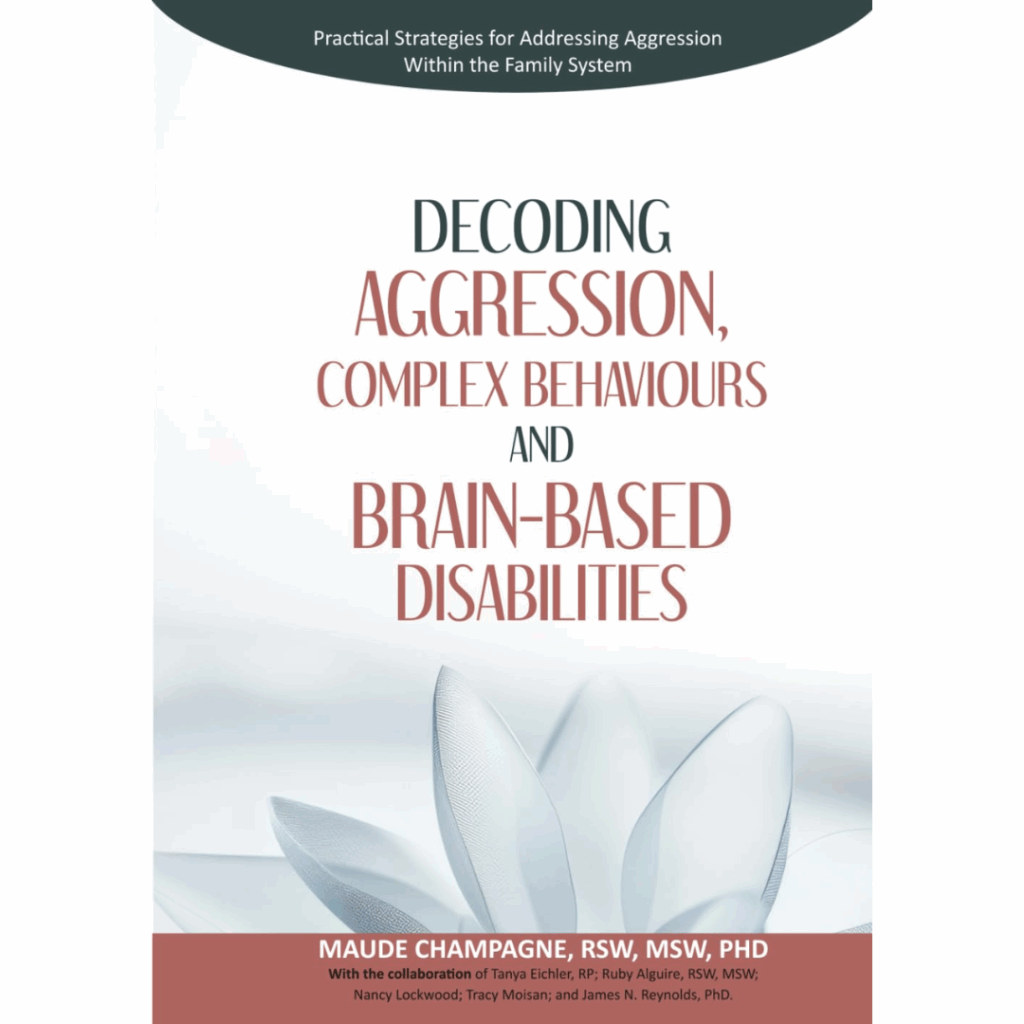
Families and caregivers facing aggression from children and adolescents often feel isolated, misunderstood, and unsure of where to turn. This groundbreaking clinical manual provides a comprehensive, neuroscience-informed approach to understanding and addressing Aggression Toward Family/Caregivers in Childhood and Adolescence (AFCCA).
The trauma of attachment – (in french)

A presentation and discussion about attachment trauma, secondary trauma, as well as the child’s behaviors and their impacts on the adoptive parents.
Savvy Siblings: Strengthening the Financial Security of Your Sibling with a Disability

This free, self-paced online course empowers Canadian adults to build financial security for—and with—their siblings with disabilities.
Siblings Canada Learning Hub
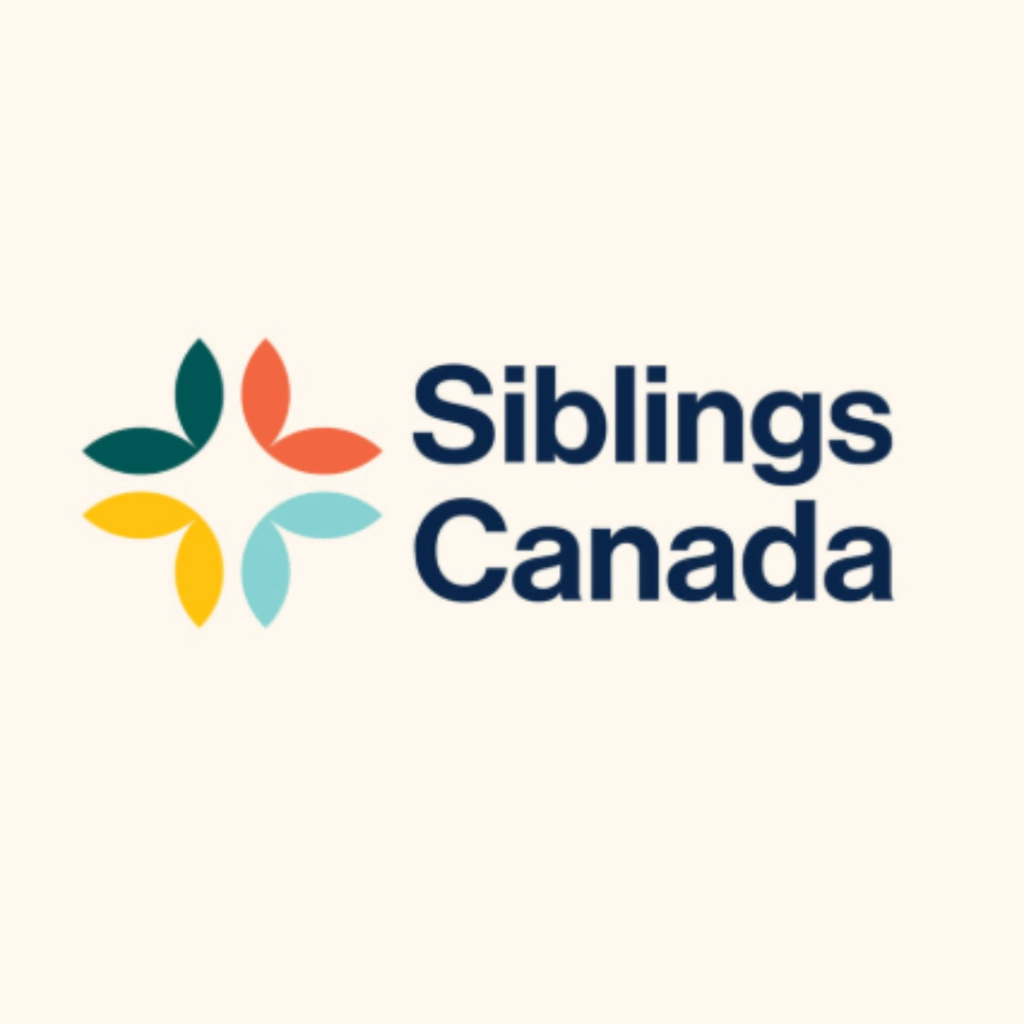
Explore our curated collection of free resources that support siblings of people with disabilities.
Resentment & Parenting with Robyn Gobbel
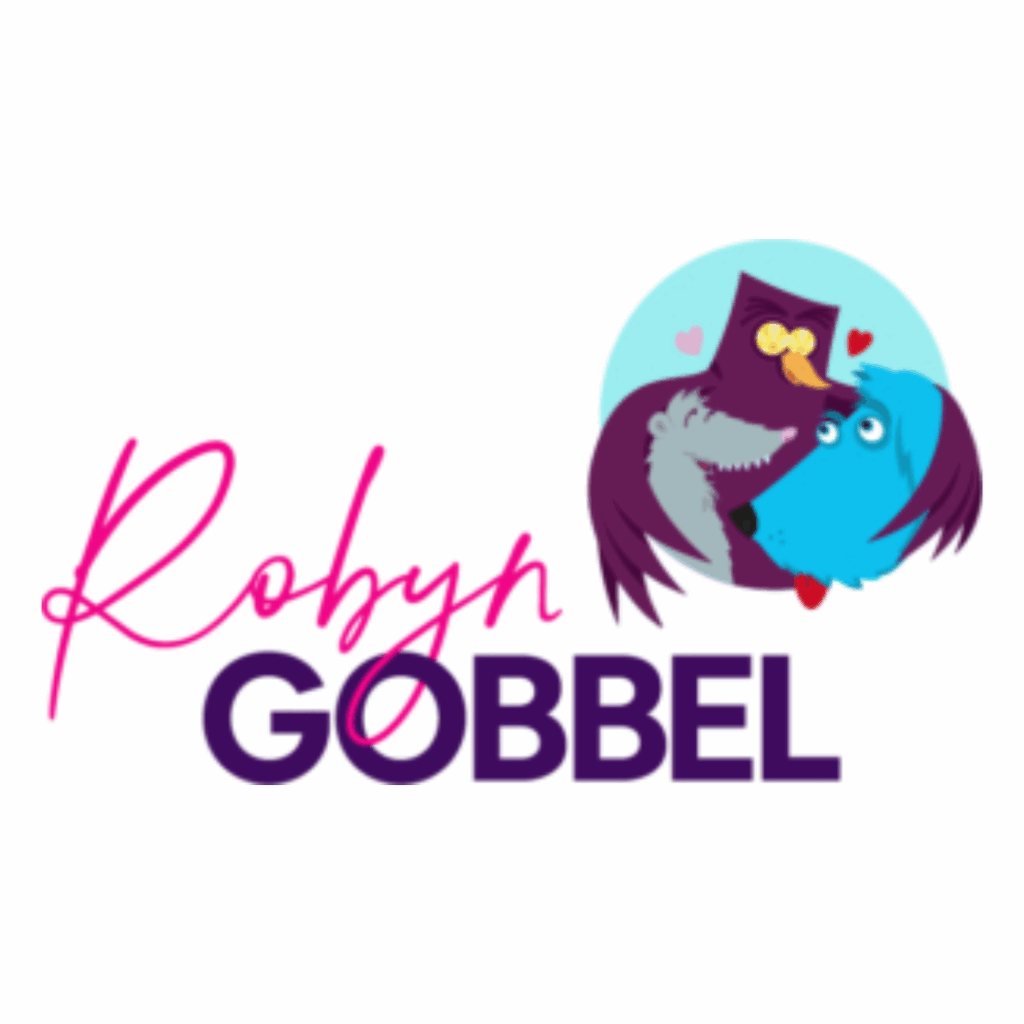
Resentment is a familiar feeling on this unexpected parenting journey. Despite doing the hard, ongoing work of relearning how to understand behavior, parent, and build a family, some days are still filled with frustration. You’re not a bad person. But resentment just feels bad!
